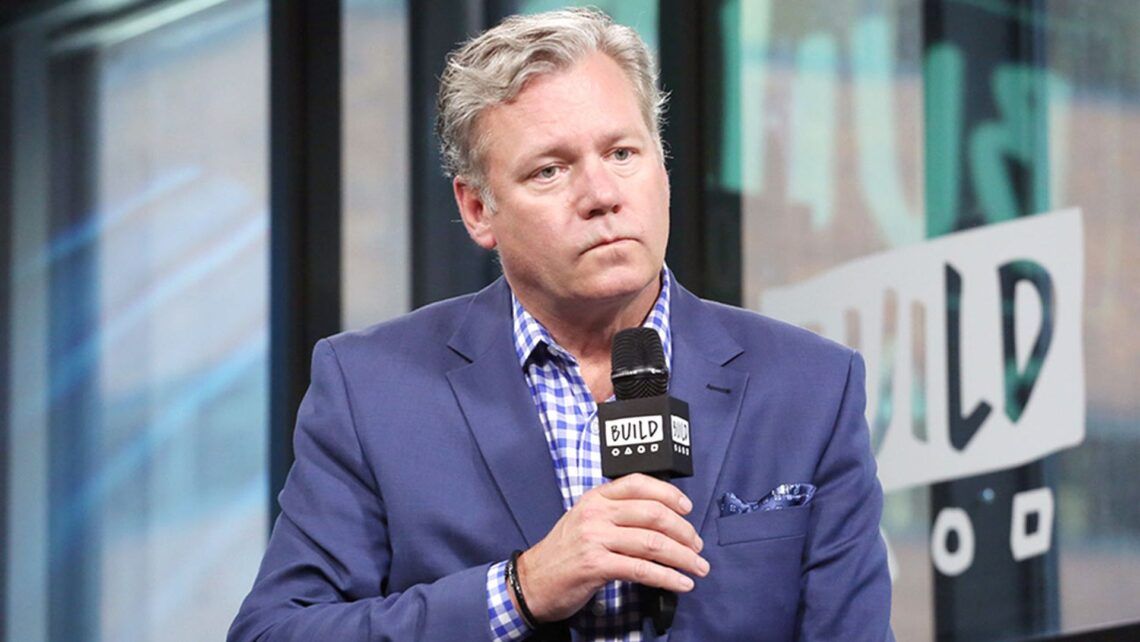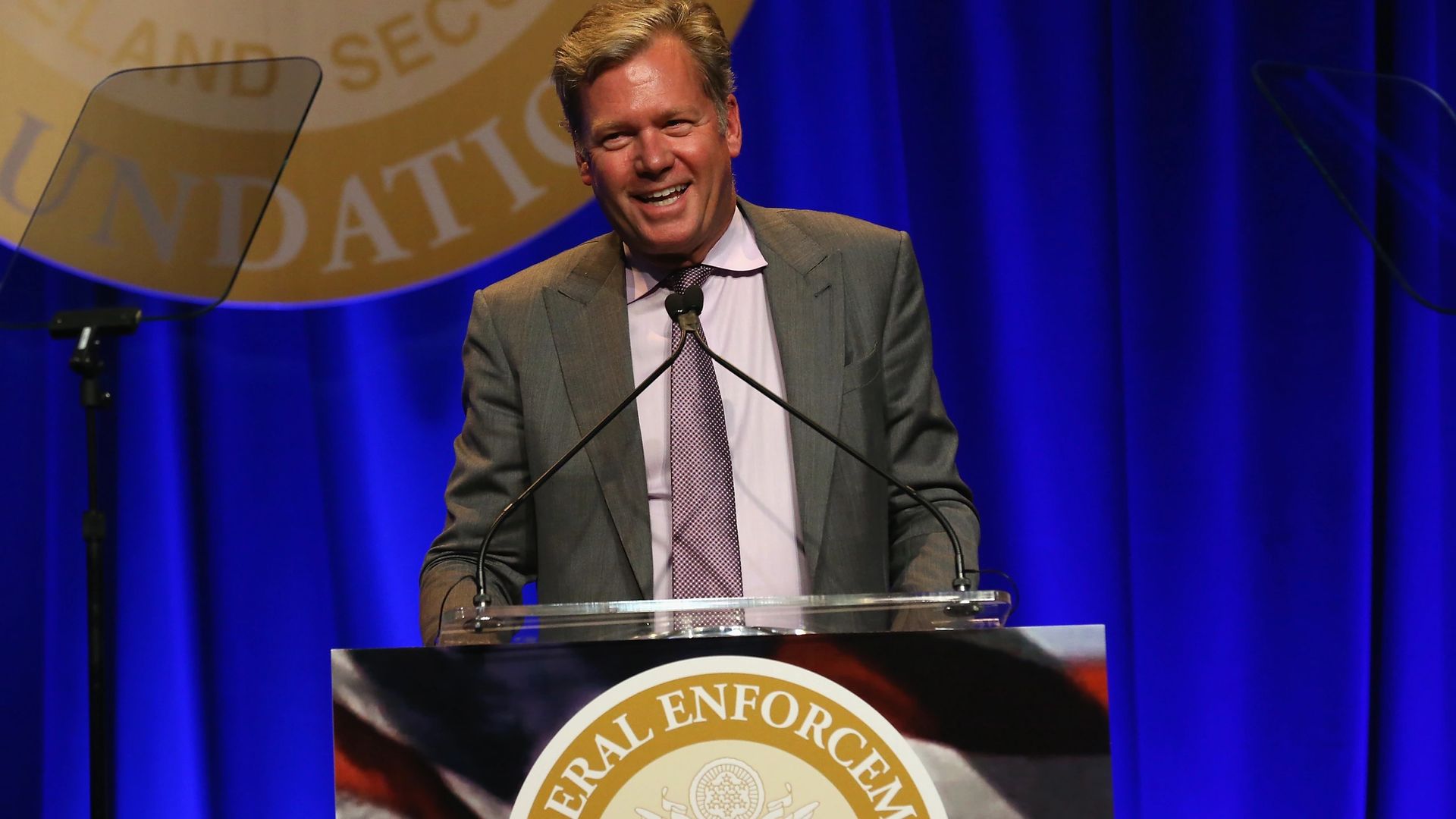Why Was "To Catch A Predator" Cancelled And What Does It Mean For Reality Television?
When "To Catch a Predator" first aired, it garnered massive attention for its controversial content. The show, which aimed to expose and apprehend individuals attempting to engage in sexual acts with minors, was both praised and criticized for its hard-hitting approach. As the series progressed, it became a cultural phenomenon, shining a light on the grim realities of online predation while also raising ethical questions about media sensationalism. However, after several successful seasons, the show was ultimately cancelled, leaving fans and critics alike wondering about the implications of its demise.
The cancellation of "To Catch a Predator" not only marked the end of a unique television series but also ignited discussions about the complexities of reality TV ethics and the responsibilities of media in addressing sensitive topics. While some viewers felt that the show was a necessary tool for awareness and justice, others argued that it exploited vulnerable individuals for entertainment purposes. This dichotomy of opinion highlights a critical aspect of contemporary television: the balance between sensationalism and social responsibility.
As we delve deeper into the reasons behind the cancellation of "To Catch a Predator," it is essential to examine the broader implications of its content and the lasting impact it has had on both the audience and the media landscape. What led to its popularity, and ultimately, its downfall? Let’s explore the journey of this groundbreaking series and its legacy in the world of reality television.
What Were the Key Reasons for "To Catch a Predator" Cancellation?
The cancellation of "To Catch a Predator" can be attributed to several key factors that emerged over the course of its run. Here are some of the most significant reasons:
- The increasing scrutiny from advocacy groups regarding the ethical implications of exposing individuals on television.
- Concerns about the psychological impact on both the predators and the victims involved in the show.
- Legal challenges and potential lawsuits faced by NBC, the network that aired the show.
- Shifts in public perception and the evolving landscape of reality television.
How Did the Show Affect Public Awareness of Online Predation?
"To Catch a Predator" played a pivotal role in raising public awareness about the dangers of online predation. The show not only highlighted the tactics used by predators but also educated viewers on how to protect themselves and their children from potential threats. This increased awareness sparked important conversations about internet safety, leading to more proactive measures being taken by parents and guardians.
What Were Some Controversial Moments in "To Catch a Predator"?
The show was not without its share of controversies. Several moments stood out as particularly shocking, including:
- The infamous encounters where predators were caught off-guard, leading to dramatic confrontations with the show's host, Chris Hansen.
- The emotional breakdowns of some individuals as they faced the consequences of their actions on national television.
- The involvement of law enforcement and the use of sting operations that raised ethical questions about entrapment.
What Legacy Did "To Catch a Predator" Leave Behind?
The legacy of "To Catch a Predator" is multifaceted, impacting both viewers and the television industry. On one hand, it served as a wake-up call regarding the prevalence of online predators, prompting parents to engage in more open discussions with their children about internet safety. On the other hand, it raised serious ethical questions about the portrayal of vulnerable individuals and the responsibilities of media producers.
How Has Reality Television Changed Since the Cancellation?
Since the cancellation of "To Catch a Predator," the landscape of reality television has evolved significantly. Producers are now more aware of the potential backlash associated with controversial content and are increasingly opting for formats that prioritize the well-being of participants. This shift reflects a growing recognition of the need for sensitivity and ethical considerations in reality programming.
What Are The Current Discussions Around Online Safety and Media Responsibility?
As conversations about online safety continue to evolve, the cancellation of "To Catch a Predator" has become a focal point for discussions about media responsibility. Advocacy groups are now pushing for more stringent regulations on how sensitive topics are portrayed in the media, emphasizing the importance of protecting victims while also addressing the behavior of offenders.
Biography of Chris Hansen
| Detail | Information |
|---|---|
| Name | Chris Hansen |
| Date of Birth | March 13, 1959 |
| Profession | Journalist, Television Host |
| Notable Work | "To Catch a Predator" |
| Education | Michigan State University |
Chris Hansen, the face of "To Catch a Predator," became synonymous with the series and its approach to exposing online predators. His career spans decades, during which he has covered significant stories and faced myriad challenges. Hansen's work has sparked both admiration and controversy, making him a notable figure in the realm of investigative journalism.
What’s Next for Chris Hansen After "To Catch a Predator"?
Following the cancellation of "To Catch a Predator," Chris Hansen has continued to be active in the media landscape. He has launched various projects aimed at raising awareness about online safety and has also explored other television opportunities. His commitment to the cause has kept him in the public eye, as he continues to advocate for victims of online predation.
How Can We Continue the Conversation Around Online Safety?
As we reflect on the cancellation of "To Catch a Predator" and its far-reaching effects, it is crucial to continue the conversation around online safety. Here are some suggestions on how we can keep this dialogue alive:
- Encouraging open discussions between parents and children about internet safety.
- Promoting educational programs that inform communities about the dangers of online predation.
- Supporting advocacy groups that work towards protecting victims and preventing online abuse.
- Utilizing social media platforms to share resources and raise awareness.
The cancellation of "To Catch a Predator" serves as a reminder of the complexities surrounding reality television and the responsibilities that come with addressing sensitive topics. As we navigate the ever-changing media landscape, it is essential to prioritize the well-being of individuals while fostering an environment that promotes awareness and prevention of online predation.
Embracing The Good Morning Monday Blessings: A Fresh Start To Your Week
Unraveling The Mystery: How Did Escobar Die?
Nikki Sixx Young: The Early Years Of A Rock Legend



ncG1vNJzZmiqn5i4o77InZ6emqKqtq%2B%2FjaipoGeVmLyvu8yimqysmaLCrcHSmqWnp6WjsKawjq2mZpuRqbCpecBmp6udlJbBsL6MnJinm5WhuaawjaGrpqQ%3D
